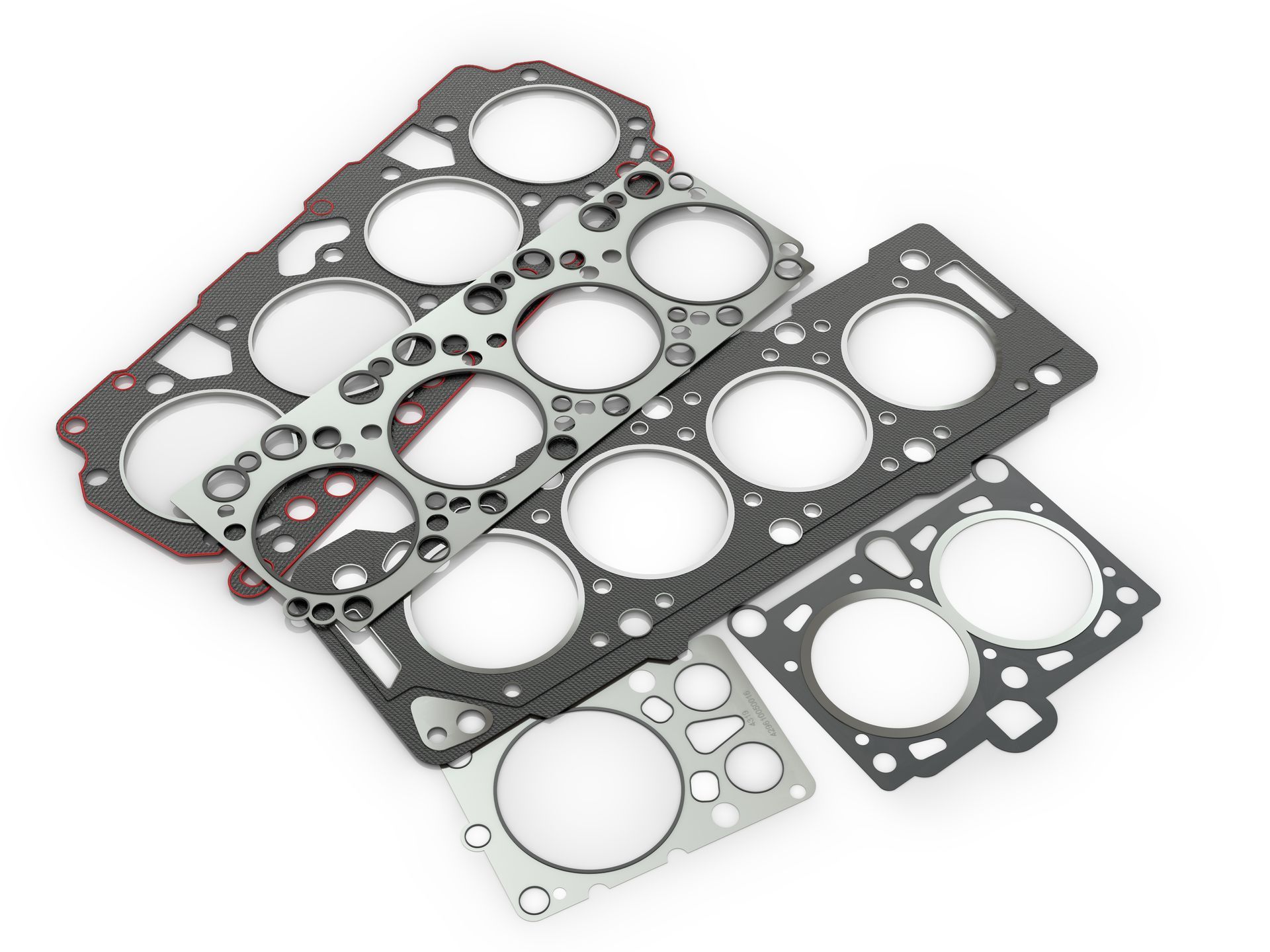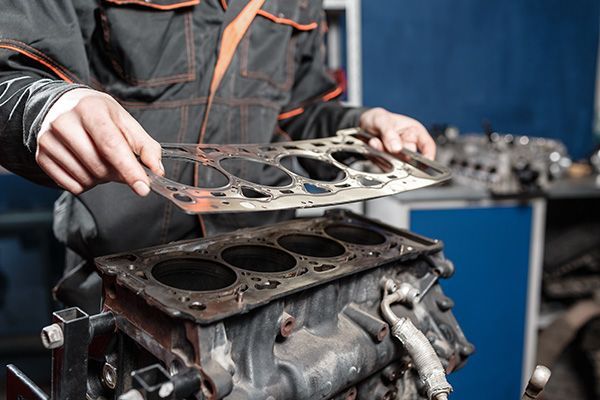Oil changes are often viewed as just another maintenance task, but skipping them can severely affect your vehicle. You may be tempted to postpone this essential upkeep, thinking it’s a minor inconvenience or unnecessary expense. However, failing to change your oil on time can lead to significant engine problems, reduced performance, and skyrocketing repair bills. Let’s explore why neglecting oil changes is a gamble no car owner should take.
The Critical Role of Oil in Your Vehicle
Oil is far more than just a lubricant. It’s the element that keeps your engine running efficiently by reducing friction between moving parts. It also helps to regulate engine temperature and removes harmful contaminants. Over time, however, engine oil degrades, losing its ability to perform these functions effectively.
When oil becomes old and dirty, it can no longer protect your engine. The buildup of sludge and debris creates more friction, which generates excess heat and stresses the engine components. This sets the stage for a range of mechanical issues that can dramatically shorten your car’s lifespan.
How Neglecting Oil Changes Affects Your Engine
Skipping oil changes doesn’t just cause minor inconvenience; it sets off a chain reaction of problems within your vehicle’s engine. Here’s what can happen when you overlook this critical maintenance task:
Increased Friction and Wear
Oil that’s past its prime loses its lubricating properties. Without proper lubrication, moving parts in your engine will grind against each other, causing excessive wear and tear. Over time, this can lead to costly damage, including the need for component replacements.
Overheating Risks
Oil plays a crucial role in keeping your engine cool. Degraded oil fails to absorb and dissipate heat effectively, causing your engine to run hotter than normal. Persistent overheating can warp metal components like the cylinder head and pistons, leading to expensive repairs.
Sludge Buildup
Old oil collects dirt, debris, and byproducts of combustion, turning into a thick, gooey sludge. This sludge can clog oil passages, restricting the flow of oil to essential areas of the engine. In severe cases, it can cause total engine failure.
Reduced Performance
When your engine isn’t adequately lubricated, it has to work harder, leading to a noticeable drop in performance. You may experience sluggish acceleration, poor responsiveness, or difficulty starting your car.
Poor Fuel Economy
A struggling engine burns more fuel, which means fewer miles per gallon and more frequent trips to the pump. Over time, this can add up to significant extra costs.
Complete Engine Failure
Ignoring oil changes for an extended period can result in catastrophic engine damage. In severe cases, the engine can seize up entirely, requiring either an expensive rebuild or a full replacement.
The Financial Impact of Skipping Oil Changes
Many drivers delay oil changes to save money or avoid inconvenience, but this decision often backfires. While an oil change is a relatively low-cost maintenance item, repairing or replacing a damaged engine can cost thousands of dollars.
Consider oil changes as an investment in your vehicle’s longevity and performance. Regularly changing your oil not only saves you from expensive repairs but also helps maintain your car’s resale value. Buyers are far more likely to invest in a vehicle with a documented history of consistent maintenance.
How Often Should You Change Your Oil
The frequency of oil changes depends on several factors, including your vehicle’s make and model, the type of oil you use, and your driving habits. Many modern cars with synthetic oil can go up to 10,000 miles between changes, while older models or those using conventional oil may need an oil change every 3,000 to 5,000 miles.
Check your vehicle’s owner’s manual for specific recommendations and stick to them. Regularly inspecting your oil level and quality can also help you determine if it’s time for a change.
Don’t Take Chances with Your Vehicle
Neglecting oil changes might initially seem harmless, but it’s a risky gamble that could cost you dearly. The consequences of skipping this simple task are far-reaching, from engine wear to complete failure. Staying on top of oil changes is one of the easiest and most effective ways to protect your car and ensure it serves you reliably for years to come.
Trust
Wagamon Brothers to keep your engine in peak condition. Contact us today to book an appointment and ensure your car stays road-ready!




